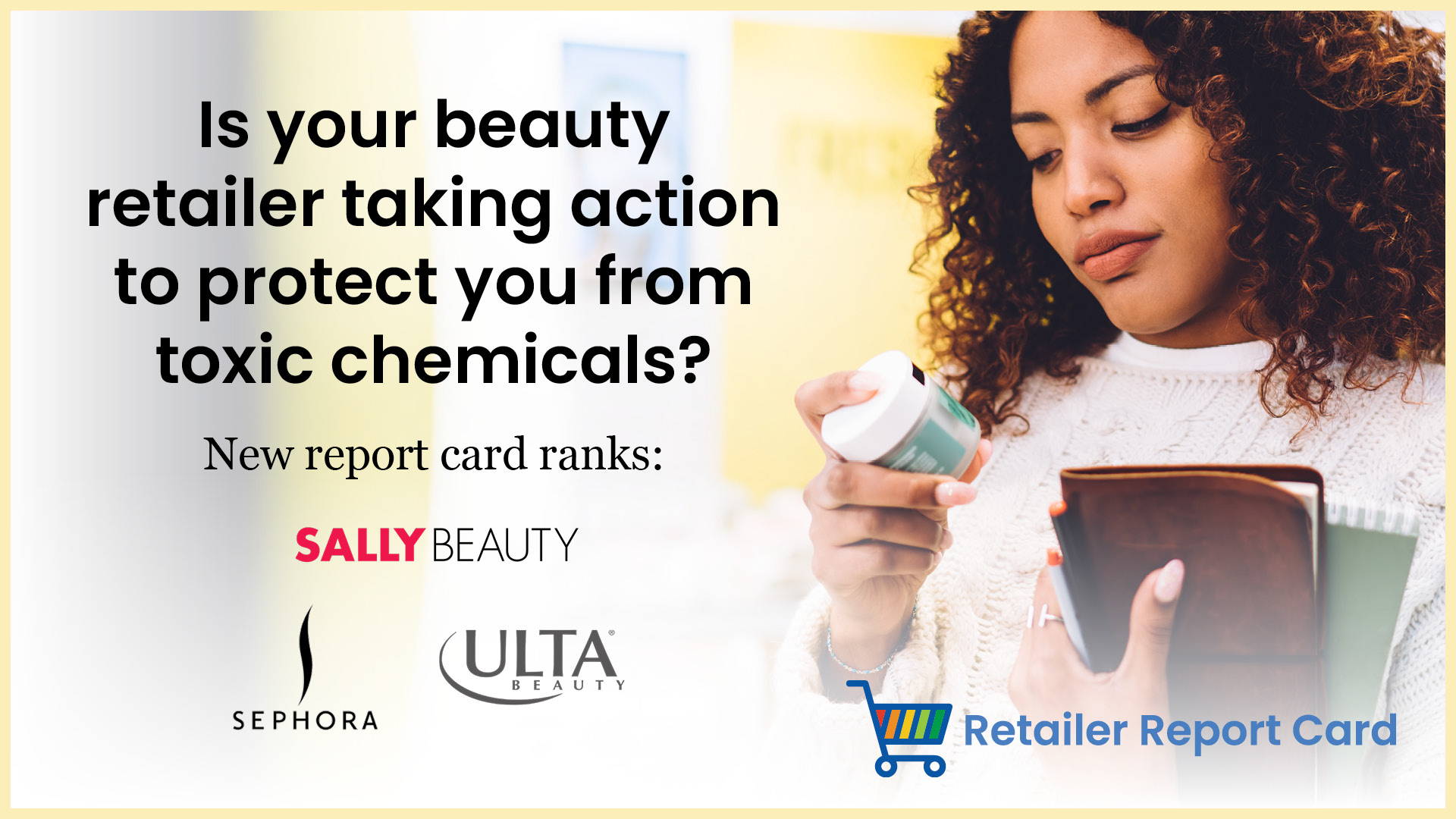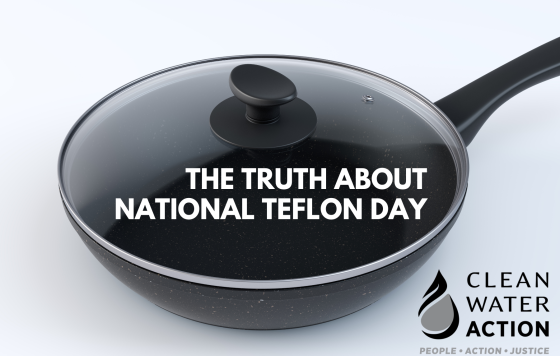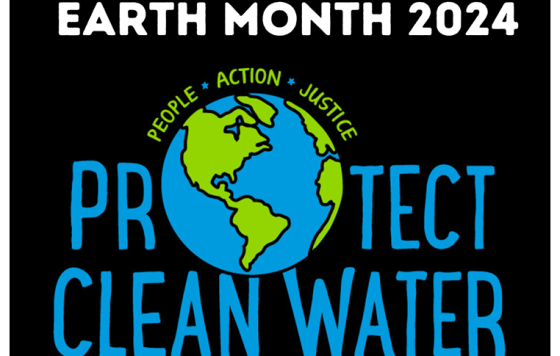
Good news! According to a new report from the Mind the Store Coalition nearly 70% of the 50 largest retailers in the country have improved toxic chemical safety programs over the past five years. That means we can find safer products with fewer hazardous chemicals linked to cancer, reproductive disorders or birth defects when we shop. These chemicals are often found in everyday products like cleaners,food packaging, and shampoos and moisturizers. We’re exposed without our knowledge (or consent) to chemicals like PFAS (per- and polyfluoroalkyl substances) on a daily basis. These chemicals often escape from the products, building up in indoor air, water, and in household dust. The good news is that we can prevent this hidden source of pollution by replacing toxics with safer alternatives -- and retailers are listening to consumers like you and me and are helping to drive this change forward.
One of the big headlines of this year's report: in an unprecedented move, Target and Rite Aid will address racial injustice and health inequity by committing to screen beauty products marketed to women of color for toxic chemicals. This helps address long-standing racial injustice and health inequity. Target and Rite Aid will specifically screen for toxic chemicals that are often found products such as skin lightening cream and hair straighteners and relaxers.
This follows the addition of new criteria in the report that challenges retailers to address racial justice. Whole Foods Market has already banned some of these chemicals of concern (such as hydroquinone) in these products as well. Health justice leader and Clean Water Action partner Lilly Marcelin, Executive Director of the Resilient Sisterhood Project, said “It is so important that Target and Rite Aid are addressing toxic chemicals in personal care products marketed to Black women, we hope many others take action as well.Harmful chemicals like hydroquinone, linked to cancer and commonly found in skin lighteners, do not belong in products that we put on our skin. This is an issue of gender, social and environmental justice. Black women deserve safe and affordable products to reduce and prevent the heavy health burden we carry. We're increasingly aware and seeking safety. ”
The beauty and personal care sector reported among the greatest gains of any retail sector overall. Ulta Beauty was the most improved retailer in the last year, earning a C- grade as compared with its F result in 2019. And, Sephora has shown the greatest improvement over time, receiving an A grade, up from a D when first evaluated in 2017.
Modernizing our laws to reflect current science and require safer chemicals is our ultimate goal. We campaign for new safeguards at the federal level and in state legislatures around the country. Forward-thinking retailers can help leverage their power in the market-place and make clear that safer products are possible -- and popular. This sends a powerful message to decision-makers at all levels of government. And we as consumers can push retailers that are lagging behind to better protect our health.
What you can do: Take action.
Take Action -- Ask Retailers to Clean Up Their Act!
Tell Burger King to go PFAS free.
Tell Burger King to Stop Using PFAS!
Want more information on these campaigns? Listen to our podcast.



